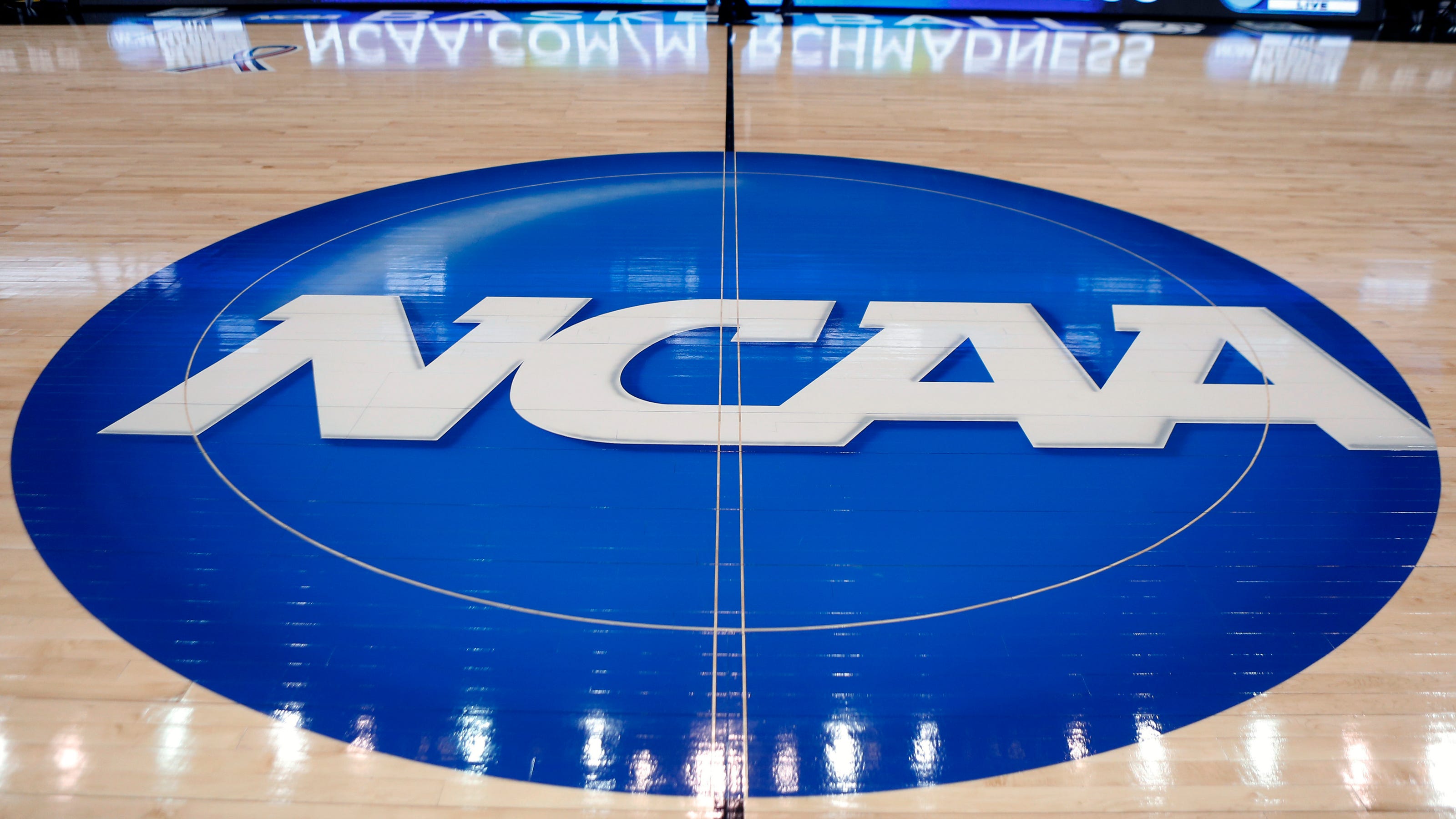We basically have some state legislatures, especially Texas, brazenly trying to write laws to give their home teams a leg up, and playing a game of chicken with an NCAA that’s largely been seen as toothless in recent years. I’m not a legal expert, but I don’t necessarily think this a slam dunk for the states though. The NCAA isn’t actually instructing anyone to break the law, just saying that just because certain types of NIL schemes are legal doesn’t mean that they will be allowed under NCAA rules. It isn’t at all unusual or generally considered illegal for private, voluntary organizations to have membership requirements and regulations more strict than members simply not being charged with a crime, so the states would have to have a compelling reason for making it illegal for such a group to enforce its internal rules. They may try to argue that any structure at all regarding NIL is a violation of the Alston ruling. However, despite some justices hinting in oral arguments that they may consider going further, that ruling was actually in itself fairly narrow and specifically preserved the NCAA’s right to regulate “non-education related benefits”.
There’s also a non-zero chance that the more permissive states totally winning on the issue could create a direct enough line in payments between the athletic departments and the players that it opens the door to claims that the players are employees and entitled to the protections thereof, which is something the schools desperately want to avoid. I can’t predict how it would all turn out, but we could end up with a real mess before things get sorted out if both sides stick to their guns on this.



